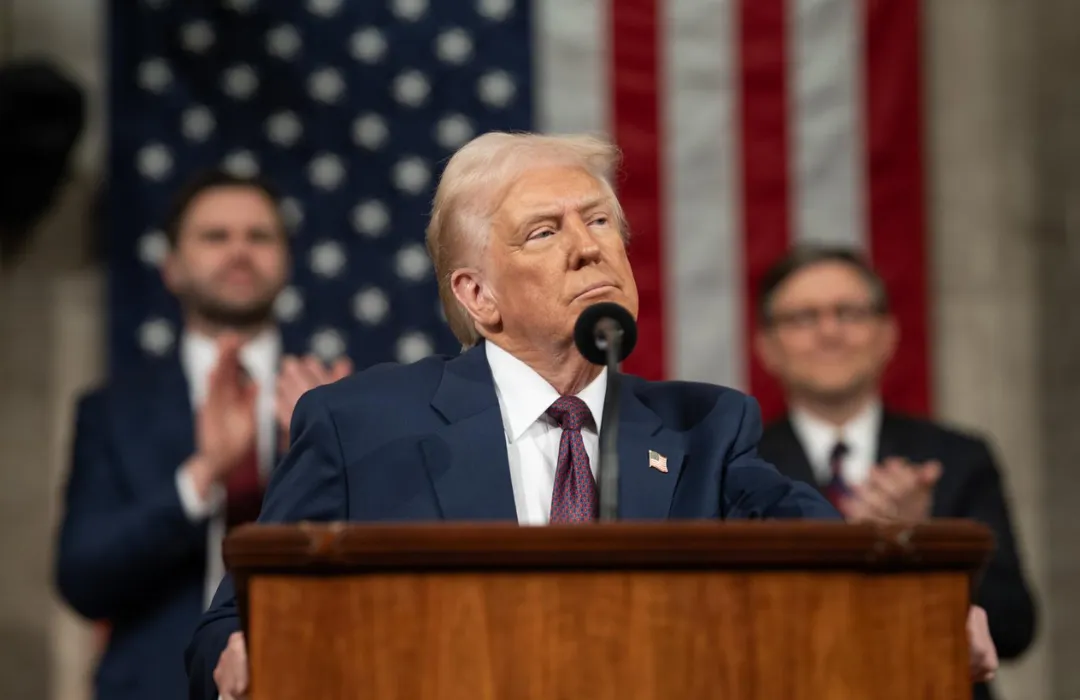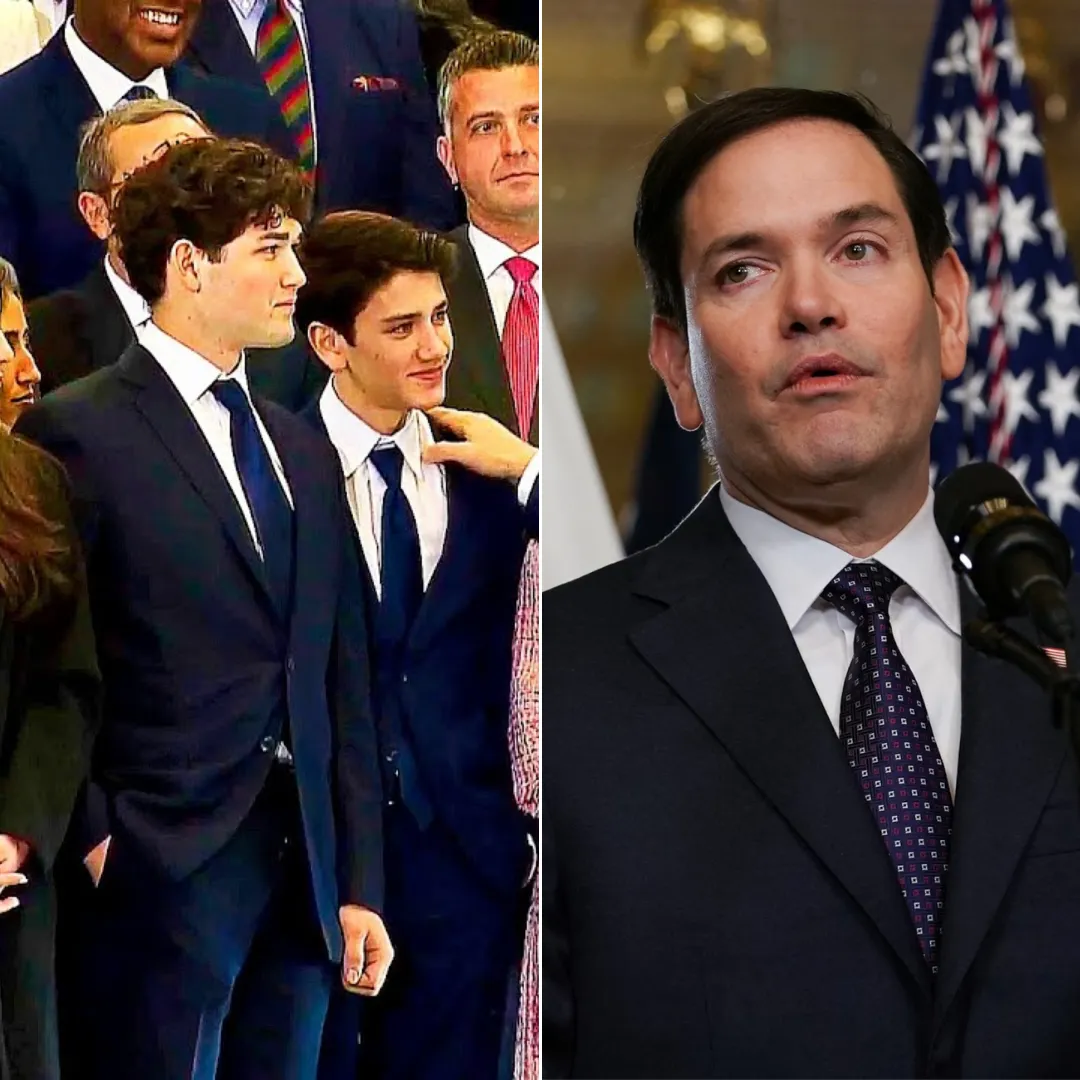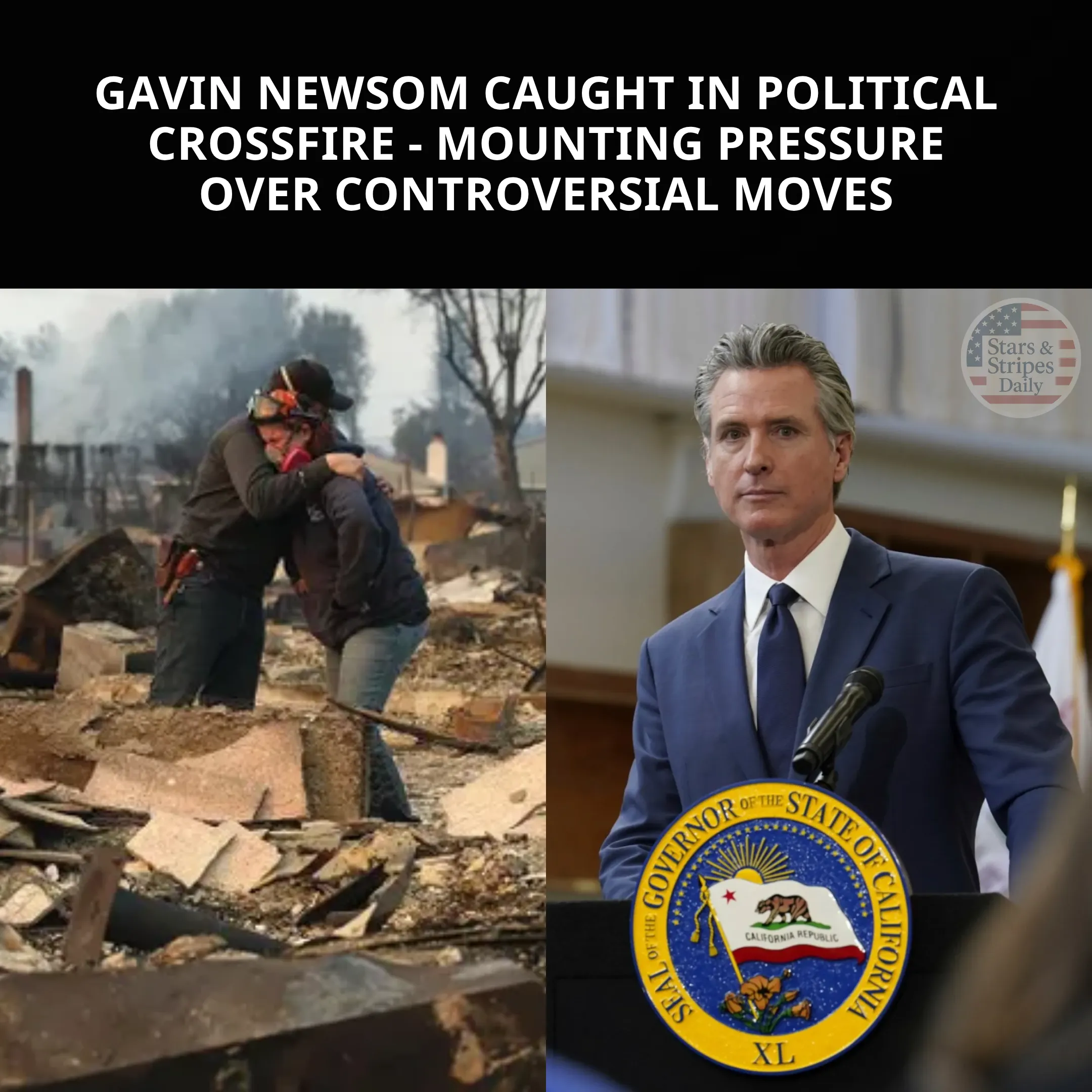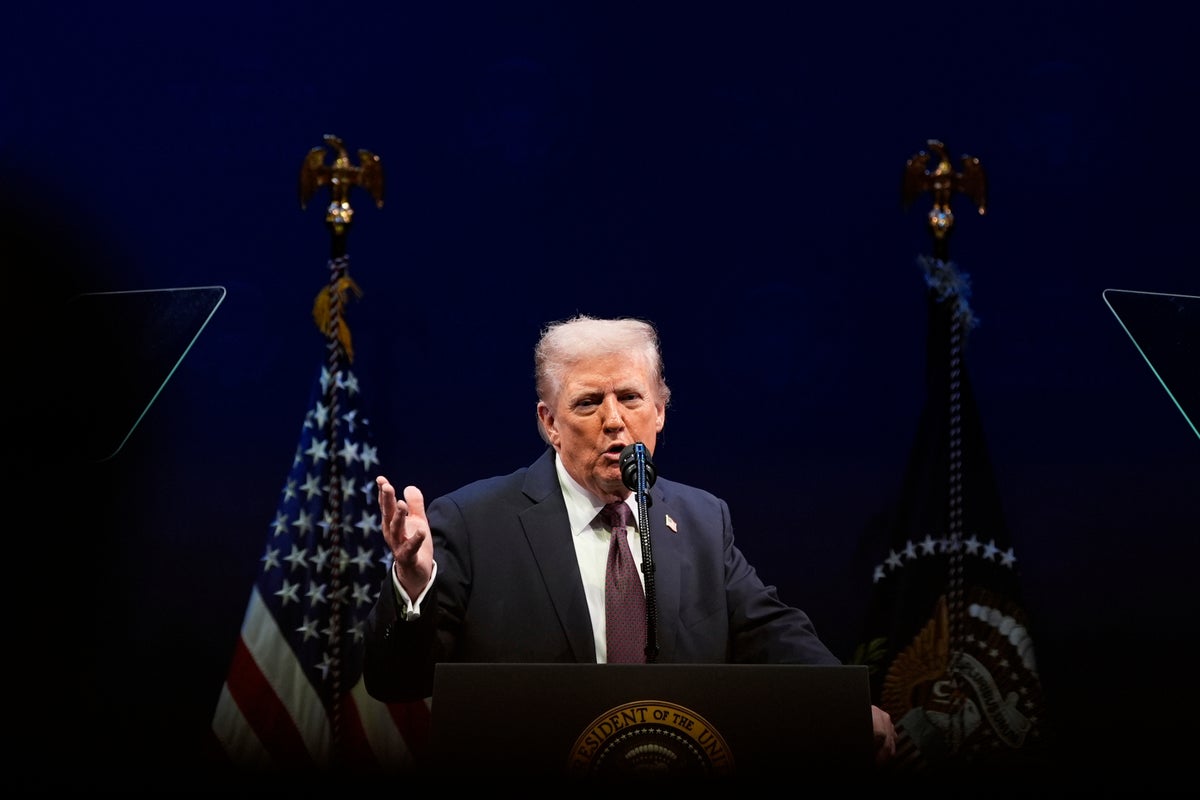
The Supreme Court on Monday delivered a major ruling that reshapes immigration enforcement in California and strengthens President Donald Trump’s approach to federal authority.
In a closely watched order, the Court allowed immigration officers to resume aggressive status checks across the Los Angeles area, halting a lower court’s injunction that had sharply restricted when agents could make investigative stops.
The decision represents a significant legal setback for California Governor Gavin Newsom and Los Angeles Mayor Karen Bass, both of whom have championed limits on federal operations in the nation’s largest sanctuary jurisdiction.
The dispute traces back to a July 11 order from the U.S. District Court for the Central District of California. That ruling barred immigration officers from detaining or stopping individuals based solely on four factors: apparent race or ethnicity, the use of Spanish or another non-English language, presence in certain geographic locations, or employment in low-wage industries commonly associated with immigrant labor.
The district court found that relying exclusively on such factors violated the Fourth Amendment’s protections against unreasonable searches and seizures.
The Biden-appointed district judge’s injunction was hailed at the time by immigrant rights advocates, who argued it protected Latino residents from racial profiling and arbitrary detention.
But federal officials, backed by the Trump administration, filed an emergency appeal, contending the order undermined their ability to enforce immigration laws in a region where they say unauthorized migration remains pervasive.
On Monday, the Supreme Court granted the government’s request for an emergency stay. The unsigned order allows federal agents to continue making investigative stops under existing precedent while the Ninth Circuit hears the full appeal and, if necessary, while the justices consider a formal review.
The Court’s order explained that the district court’s injunction is “stayed pending the disposition of the appeal in the United States Court of Appeals for the Ninth Circuit and the disposition of a petition for a writ of certiorari, if such a writ is timely sought.”
The ruling is procedural rather than a final decision on the merits. Still, it signals that a majority of the justices believe the government is likely to prevail when the case is fully litigated.
Justice Brett Kavanaugh filed a concurring opinion outlining the rationale for granting emergency relief.
He cited the Immigration and Nationality Act as well as established precedent such as United States v. Brignoni-Ponce and United States v. Arvizu, which permit immigration officers to briefly detain an individual when they have “reasonable suspicion, based on specific articulable facts, that the person being questioned is an alien illegally in the United States.”
Kavanaugh emphasized that the “reasonable suspicion inquiry turns on the totality of the particular circumstances.” He explained that while apparent ethnicity alone cannot justify a stop, it can be considered as one factor among others.
“To be clear, apparent ethnicity alone cannot furnish reasonable suspicion; under this Court’s case law regarding immigration stops, however, it can be a relevant factor when considered along with other salient factors,” he wrote.
He also pointed to the scale of illegal immigration in the Los Angeles region, noting that roughly 10 percent of the area’s 20 million residents—approximately two million people—are believed to be living in the country illegally.

Kavanaugh further concluded that the government demonstrated irreparable harm. He quoted recent precedent holding that when the government is enjoined from enforcing duly enacted statutes, it suffers a form of irreparable injury.
The Court’s three liberal justices—Sonia Sotomayor, Elena Kagan, and Ketanji Brown Jackson—dissented. Writing for the group, Sotomayor warned that the majority’s order risked opening the door to widespread racial profiling.
“We should not have to live in a country where the Government can seize anyone who looks Latino, speaks Spanish, and appears to work a low wage job,” she wrote.
Sotomayor highlighted sworn affidavits from individuals describing encounters with masked federal agents at job sites, parks, and public transit stops.
In her view, the four factors cited by the district court, even when considered together, could not satisfy the Fourth Amendment’s requirement of reasonable suspicion.
She argued that the government had failed to show the immediate and concrete harm necessary to justify emergency intervention by the Supreme Court.
The Supreme Court’s order takes effect immediately, allowing federal immigration agents to resume investigative stops across Los Angeles and surrounding counties.
Practically, this means agents can approach individuals in day-labor areas, transit stations, and public spaces when a mix of circumstances raises suspicion of unlawful presence.
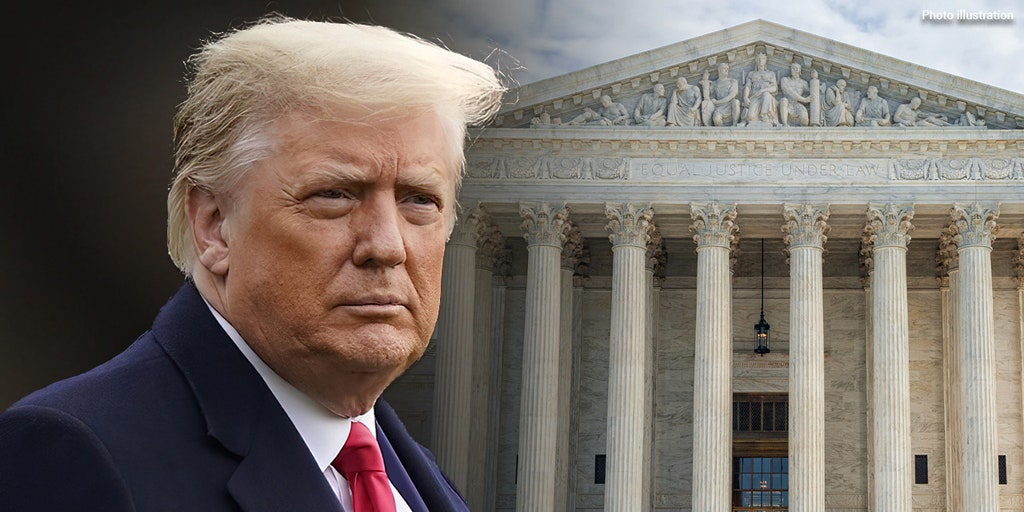
If a stopped individual produces proof of legal status or U.S. citizenship, agents are required to promptly release them. If the person is unlawfully present, however, the stop may lead to arrest and removal proceedings.
The ruling restores federal enforcement authority in Southern California to its pre-injunction state, relying on the totality-of-circumstances standard long established by Supreme Court precedent.
For Governor Gavin Newsom and Mayor Karen Bass, the decision is a significant blow. Both leaders have positioned California and Los Angeles as bulwarks of resistance against Trump’s immigration policies, championing sanctuary protections and restrictions on federal cooperation.
Newsom had previously described the district court’s injunction as a safeguard against discrimination, while Bass praised the ruling for “protecting the dignity of immigrant families.”
The Supreme Court’s stay not only undercuts those positions but also hands the White House a symbolic victory in the nation’s largest sanctuary jurisdiction.
The ruling may also energize Trump’s supporters, who have long criticized California’s approach to immigration as a threat to public safety and the rule of law.
By contrast, immigrant rights advocates warn that the order will heighten fear among Latino residents and contribute to abuses by federal agents.
Although Monday’s order does not settle the underlying constitutional question, it signals how the Court is likely to approach the case on the merits. Kavanaugh’s concurrence underscores the Court’s reliance on existing precedent that balances enforcement authority with limits on racial profiling.

If the Ninth Circuit upholds the district court’s injunction, the Supreme Court may take the case for full review. Kavanaugh suggested that overturning the government’s position would require overruling or significantly narrowing key precedents on both standing and immigration stops—an outcome he implied was unlikely.
The case also highlights the Court’s increasingly assertive use of emergency stays, sometimes referred to as the “shadow docket.”
Critics argue this approach short-circuits full briefing and deliberation, while supporters contend it ensures that government functions are not hamstrung by lower court rulings of questionable legality.
The Los Angeles ruling arrives amid renewed focus on border security and interior enforcement. Trump has made cracking down on illegal immigration a centerpiece of his agenda, promising expanded deportations and stricter worksite enforcement.
The ability to resume investigative stops in Southern California bolsters that strategy and provides a model for other regions where sanctuary policies have limited cooperation.
Immigration advocates counter that aggressive enforcement undermines trust in law enforcement, drives families into the shadows, and disproportionately targets minority communities.
They argue that federal resources would be better spent streamlining legal immigration processes and addressing humanitarian concerns at the border.
The Supreme Court’s decision to stay the lower court’s injunction is more than a procedural move—it represents a decisive victory for Trump’s immigration agenda and a defeat for California leaders who sought to limit federal authority.
While the ultimate outcome will depend on appeals in the Ninth Circuit and possibly a full Supreme Court review, the immediate effect is clear: federal agents once again have wide latitude to conduct immigration status checks in Los Angeles.

For Trump, the ruling is a political and legal boost. For Newsom and Bass, it is a reminder of the limits of state and local resistance in the face of federal authority.
And for millions of residents in Southern California, it marks the return of an enforcement regime that will shape daily life in one of America’s most diverse and complex regions.

